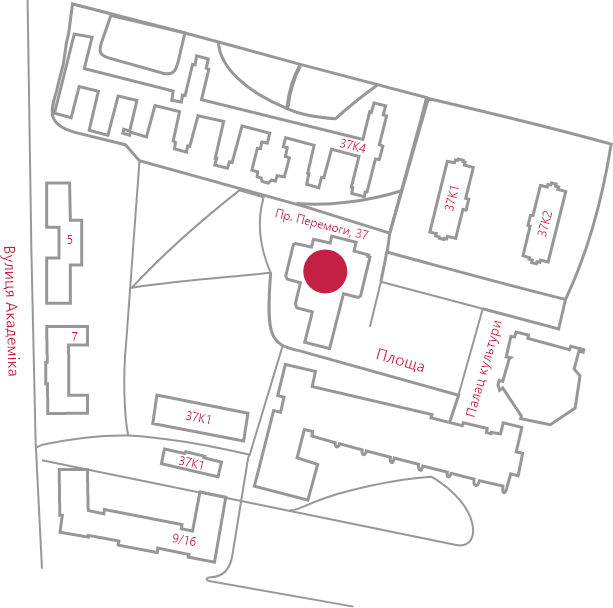We recommend you to use modern digital tools at various stages of the research cycle to effectively organize your research activities.
- Home
- /
- Дослідження
- /
- Instruments for research
Instruments for research
Search, preserving and processing the source database
Citavi – bibliographic manager and organizer. The free version allows saving up to 100 records.
EndNote Online – a tool that allows quick saving search results and organizing the necessary bibliographic information from various databases and platforms, such as Web of Science, PubMed, Google.
Mendeley – a free tool for bibliographic information management. It allows users to save and turn over research papers in PDF format and also is connected to the international social network of scientists. The tool serves to manage the own library, collaborate on articles, find like-minded researchers, and investigate research trends.
Zotero – free, easy-to-use tool that helps to collect, organize, cite, and share research.
VAK.IN.UA – is a free online resource for creating bibliographic references, covering over 100 popular styles, including DSTU, APA, MLA, Vancouver, Harvard, etc. A simple interface and step-by-step instructions make the process of formatting sources easy and accessible.
Preserving and sharing data and research results
ELAKPI, the Electronic Archive of Igor Sikorsky Kyiv Polytechnic Institute
Figshare – a general-purpose repository for preserving and managing research output. Users can make all of their research outputs available in a citable, shareable, and discoverable manner. Researchers can preserve and share their research outputs, including figures, datasets, and videos, for free.
re3data – a global registry of research data repositories.
Zenodo – a general-purpose repository, developed under OpenAIRE and operated by CERN, offers researchers to deposit datasets. It allows the uploading files up to 50 GB. All submitted data are assigned with free DOIs that are conventionally divided into Version DOIs and Concept DOIs: the first one indicates a specific version of the document, and the second one leads to a page where the one can look through all its versions.
Communication with other researchers
Linkedin – a professional social network for everyone.
ResearchGate – a social network for scientists. It comes up with solutions for private correspondence, the possibility to create a professional CV or portfolio, a library of publications uploaded by members, statistics tools allowing to analyze who, from which countries, for what search queries, and how often downloads a specific page or publications. There is the Q&A board.
Identification of researchers
ORCID (Open Researcher and Contributor ID) – an open-source, non-profit project for creating and maintaining a registry of unique researchers IDs, a transparent and holistic way to present research outputs. An ORCID account includes information about a researcher: name, email address, affiliation, expanded information on research activity.
ResearcherID – an international identifying system for authors of scientific publications. It is used to identify authors in international databases, for instance, Web of Science. It allows creating a researcher’s profile which combines different variants of spelling the name in Latin, creating the list of your own publications, both indexed in the Web of Science databases and those which are not indexed in it, checking your scientometric indicators (citations, Hirsch index). ResearcherID can be linked with ORCID.


